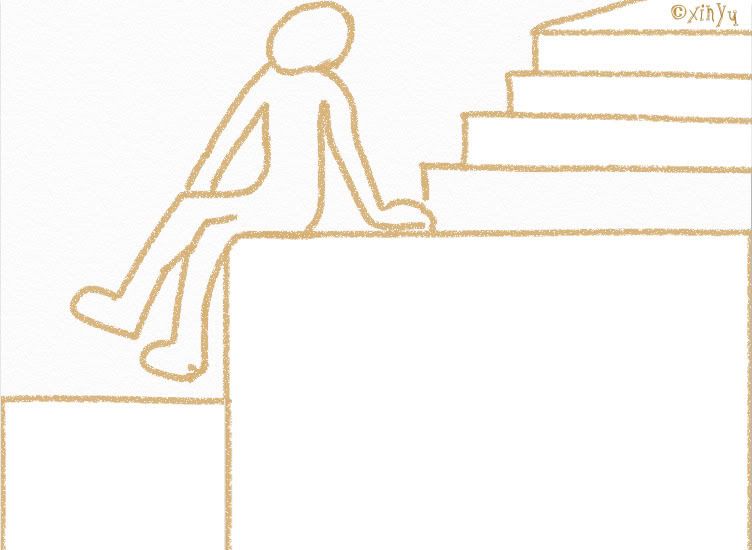A quiet time is often a time when people embark on the process of self-reflection and self-evaluation by scrutinising the actions made or decisions to be made.
For children who misbehave, this self-reflection and self-evaluation is often termed as a time-out where they are isolated from the rest and made to either sit or stand in one corner of a room and to think about his or her actions. This time-out process allows the child to understand, hopefully, why he or she has been punished and to more importantly, learn from their mistakes.
Yet, while the intention of a time-out is a move away from harsh punishment to get the message across, children may in some instances develop an inferiority complex as they are often deemed as a naughty and difficult child to handle. The expression of such a complex would be a subtle dislike of the child's siblings or other children who are deemed as more well-behaved.
The balance in approach to a time-out should be one where such a method is employed only after a verbal warning is first given to the child yet the child still continues to misbehave. In addition, the parent or the person punishing the child should also explain to the child why his or her actions are deemed as naughty. Once the child has realised his or her mistakes, the child should be made to apologise to his siblings or friends for his actions. The parent should credit the child for behaving like a 'big boy' or a 'big girl' to soothening and ease the child's mood.
We have heard about how people tend to focus on the one small miniscule black dot on a sheet of white paper. Likewise, parents tend to focus on their children's bad behaviour and lack of when compared to others. Often times, such a comparison while its intention is purely for motivational sake and to instill a sense of competitiveness in the child, yet by focusing only on the child's black dot would also, in a long run, be discouraging to the child. Parents should credit and complement their children for their good behaviour when they are small to their achievements when they get older. This approach would provide a more holistic balance in dealing with how much and how little should you punish or condone your child's actions.
